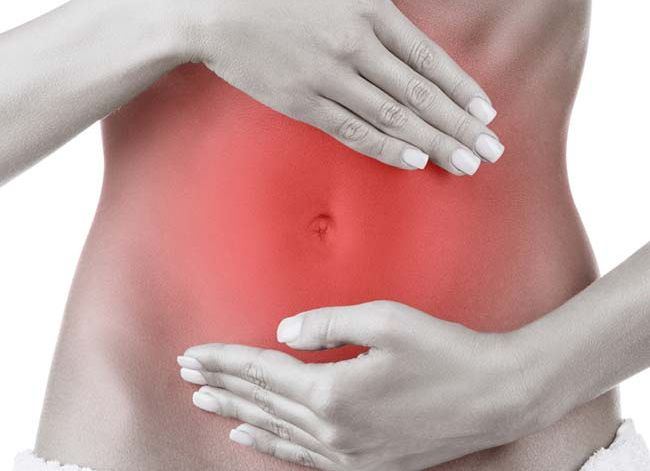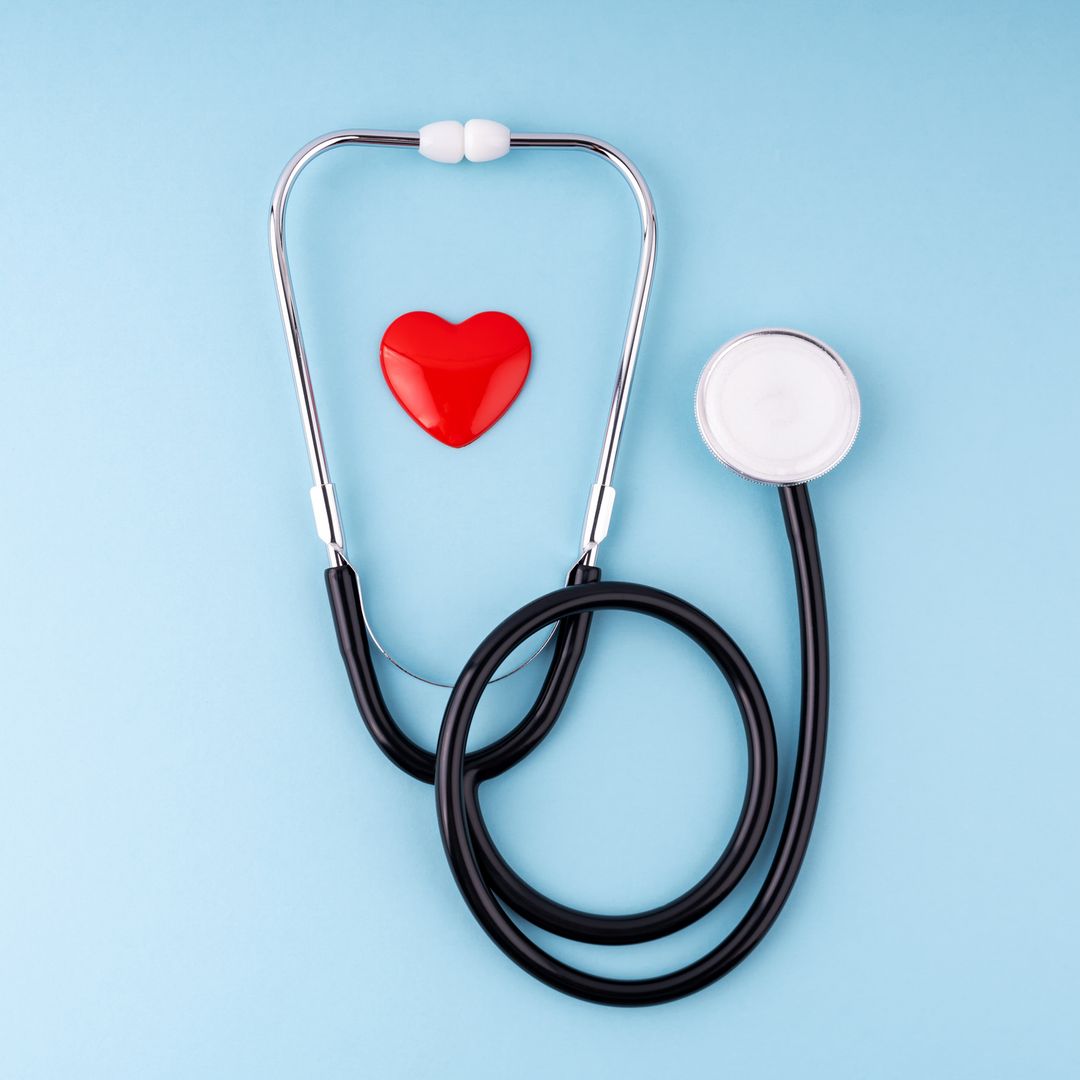With endometriosis affecting roughly two million women in Britain, it is estimated that one in 10 women across the world suffer from the condition. But with symptoms varying widely, it can be difficult to diagnose.
We take a look at what endometriosis is, and the symptoms to look out for...
Endometriosis can cause extreme period pain
What is endometriosis?
Endometriosis is a common condition where the tissue that lines the inside of the womb (the endometrium) also grows outside of the womb, usually in the abdomen, ovaries, bladder and bowel. The condition can cause extreme period pain as well as having a severe effect on energy and mood.
Symptoms
The symptoms of endometriosis vary greatly for each sufferer, with some women experiencing no symptoms at all. But many women with the condition have experienced either heavy or painful periods; pain in the lower abdomen or back and spotting between cycles..
Other symptoms can include discomfort when using the toilet, long term exhaustion and even coughing blood. The symptoms really vary because they are affected by wherever the endometrium is growing in the body.
There is no cure for endometriosis, but there are ways to manage the condition
Treatment
There is no cure for endometriosis, but there are several ways of managing the condition depending on your age and symptoms. Women who have gone through the menopause have also reported that their symptoms have improved.
Some women are prescribed pain medication, although these can only help manage the pain on a short-term basis. For some, hormone treatment is more effective, as exposure to oestrogen can help to reduce the amount of endometriosis tissue.
Surgery to remove endometriosis tissue is also an option in extreme cases, but it is important to fully consider all of the risks associated with surgery, as well as understanding that the tissue could still grow back.
If you are worried or think that you could be suffering from endometriosis, you should visit your GP and seek professional medical advice.









